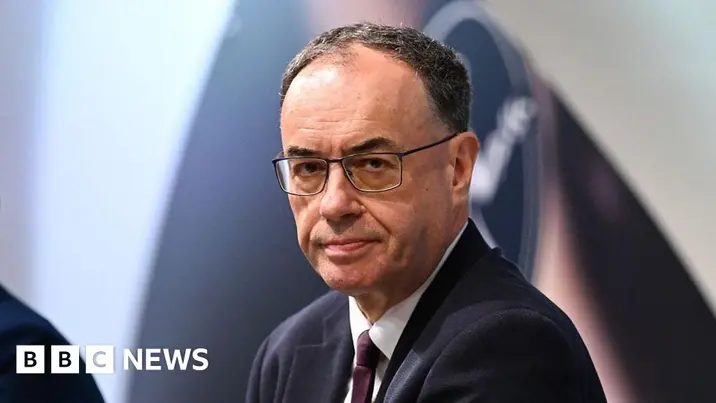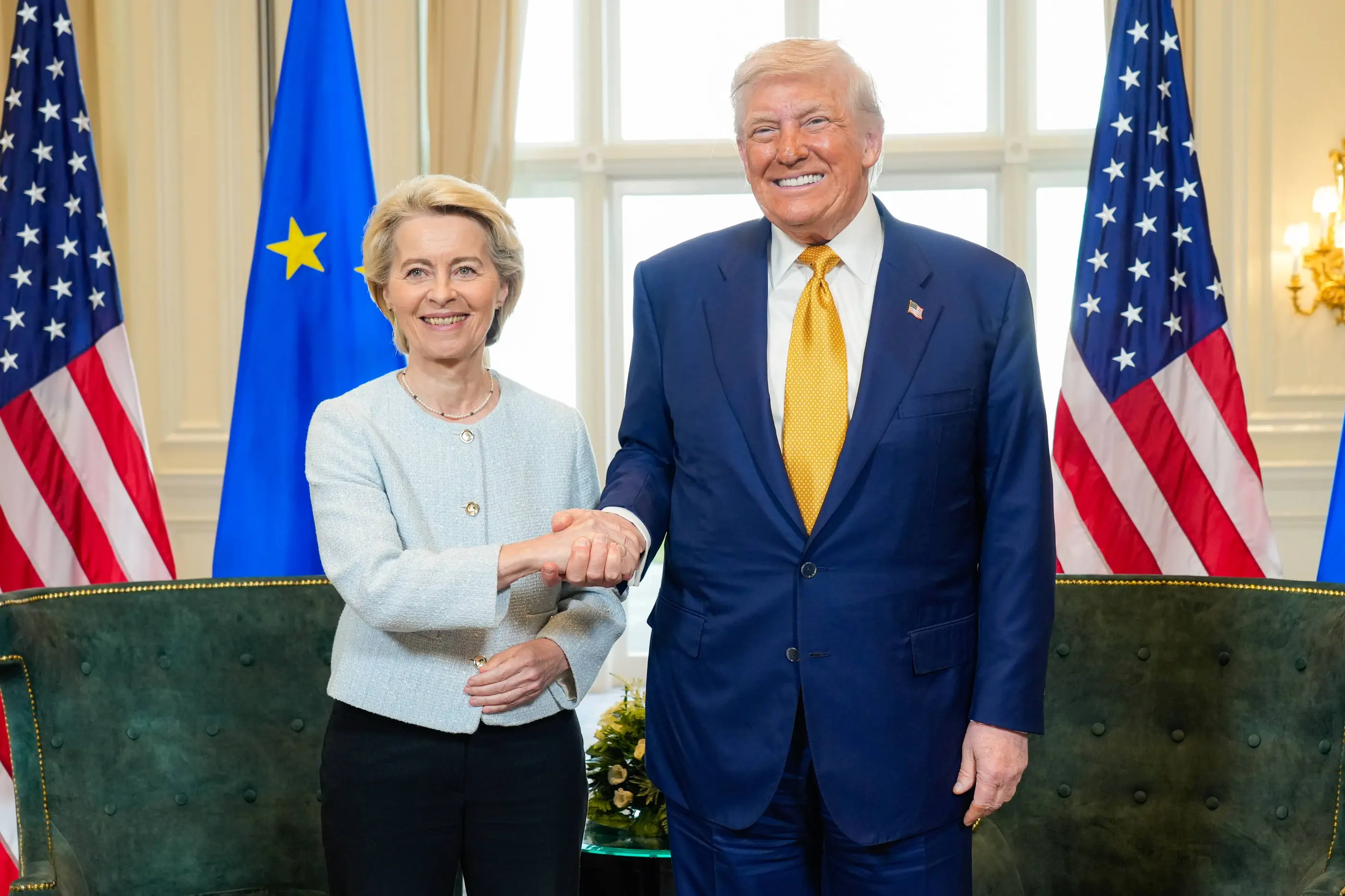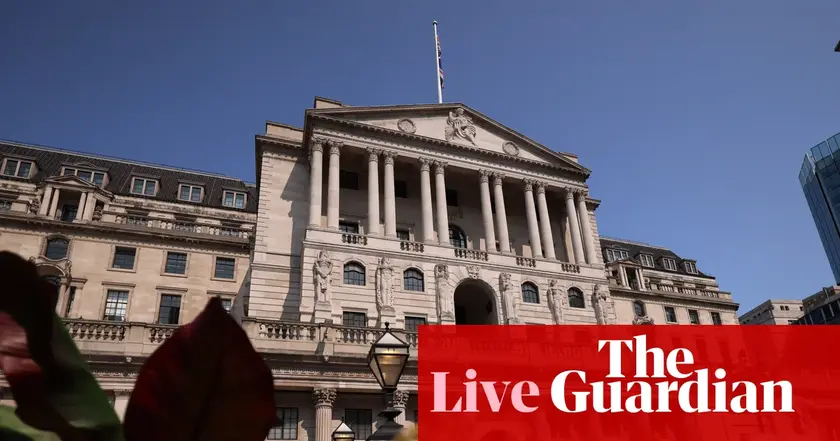T4K3.news
Bank of England cuts interest rates to low
Bank of England has cut interest rates despite inflation remaining above target.

New interest rate cuts by the Bank of England raise questions amid high inflation rates.
Bank of England cuts interest rates despite high inflation
Recently, the Bank of England decided to cut interest rates, bringing them to their lowest point since March 2023, despite inflation remaining significantly above the 2% target. This decision has raised concerns, especially as inflation, particularly in food prices, is projected to increase further. The Monetary Policy Committee's proceedings were notably contentious, involving a rare second vote. There is an indication that the job market is exerting less pressure on inflation due to declining job vacancies and a rising unemployment rate, which may have informed the Bank's decision. However, some key figures within the Bank, such as deputy governor Clare Lombardelli and chief economist Huw Pill, expressed disagreement with the rate cut, opting instead to maintain the current rates. This situation suggests a more uncertain outlook for further rate cuts in the future, especially as the governor, Andrew Bailey, noted that the pace of cuts may not proceed as previously anticipated.
Key Takeaways
"Inflation remains high, and the very visible food price inflation figures look set to go up."
This highlights ongoing concerns about inflation despite rate cuts.
"Mr Bailey acknowledged to me that there was now more uncertainty about the pace of cuts."
The governor's admission signals a shift in policy expectations.
"There is now more uncertainty about the pace of future rate cuts."
This reflects a cautious approach from the Bank amid challenging economic conditions.
"Both deputy governor Clare Lombardelli and chief economist Huw Pill voted to hold rates."
Their dissent further complicates the Bank's position and strategy.
The Bank of England's move to cut rates, especially while inflation looms large, demonstrates a complex economic landscape. While falling job vacancies and increased unemployment might suggest easing inflationary pressure, many will find it hard to reconcile lower interest rates with persistent inflation, particularly in daily essentials. This challenge underscores a critical balance that central banks must navigate, one that risks public backlash and trust in monetary policy. As inflation persists, the divergence in opinions among monetary policy leaders reveals a brewing internal conflict about how best to address the economy's challenges. Expecting rate cuts to continue at a rapid pace now seems overly optimistic, highlighting the difficulties policymakers face in uncertain economic times.
Highlights
- Lower rates do not align with rising prices.
- Disagreement within central banking hints at deeper issues.
- Public trust in fiscal policy may be at risk.
- Future cuts now hang in uncertainty.
Potential backlash over interest rate cuts
The Bank's decision to cut rates amid high inflation may lead to public criticism and distrust.
Central banks will need to tread carefully as they address inflationary fears.
Enjoyed this? Let your friends know!
Related News

Savings beat base rate today

Pound Sterling forecast indicates temporary recovery

Move your money before upcoming interest rate decision

UK construction activity sees sharpest drop in five years

Pound Sterling Declines Against Euro

US tariff rates reach highest level since 1930s

Company insolvencies drop in England and Wales

UK inflation rate rises to 3.6% in June
